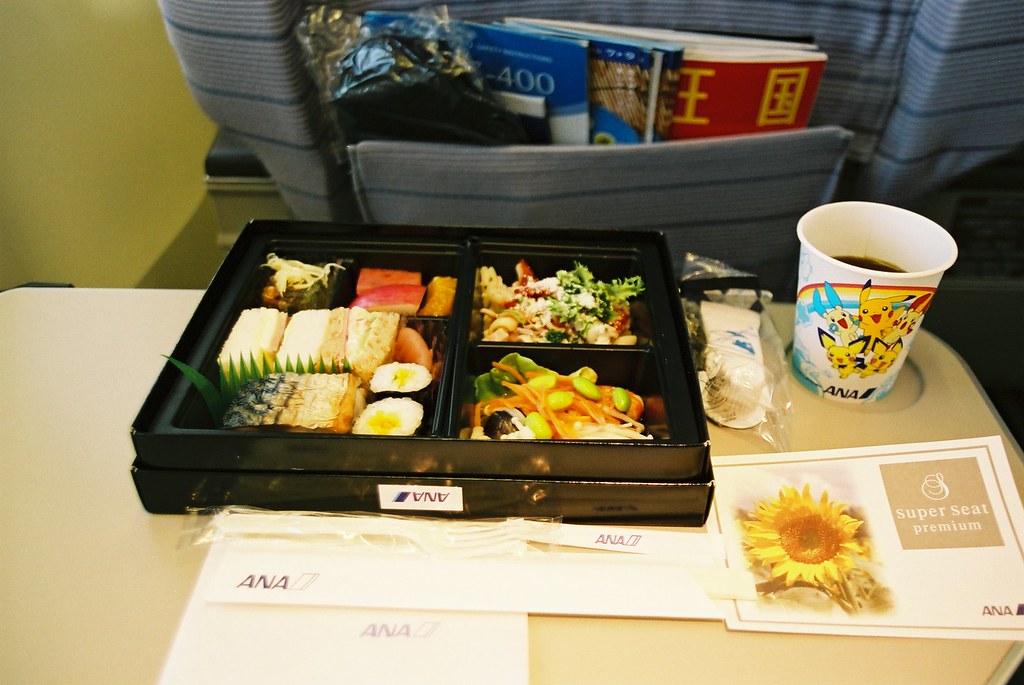We often think of air travel as being one of the most unsustainable methods of transportation, but did you know that there are ways to make your flight more sustainable? One simple way is to skip the in-flight meal. By ditching those meals, you can reduce food waste and help lower carbon emissions associated with air travel. Let’s look at why skipping inflight meals is good for the planet.
Food Waste Reduction
One of the biggest reasons to skip in-flight meals is that it reduces food waste. Most airlines overproduce their meals, meaning that a lot of pre-packaged food doesn’t get eaten because passengers don’t purchase them or they don’t fit their dietary restrictions. That means that a large portion of the food produced never makes it onto a passenger’s plate and gets thrown out instead. According to some estimates, nearly 1 million pounds of airline food goes uneaten each year! By opting out of an in-flight meal, you can help reduce this amount of wasted food and keep more resources on land where they can be used more effectively.
Lower Carbon Emissions
In addition to reducing food waste, opting out of an inflight meal helps lower carbon emissions associated with air travel. Airlines produce a significant amount of CO2 from burning jet fuel during flights and from other sources such as processing and packaging foods for onboard consumption. A 2018 study by The International Council on Clean Transportation found that eliminating all airplane meals would reduce carbon emissions by about 1%. While this may seem like a small number, it adds up when multiplied across thousands (or even millions) of flights each year! Furthermore, if every passenger chose not to eat an inflight meal, airlines could save money by producing fewer meals or using lighter packing materials which also helps reduce their carbon footprint.
Encourage Sustainable Alternatives
Finally, skipping in-flight meals sends a signal to airlines that passengers want more sustainable options when they fly. Airlines have started offering plant-based alternatives including salads, wraps and sandwiches made with vegetarian ingredients and many are looking at ways to use recyclable packaging materials instead of plastic containers for their onboard snacks. When more people opt out of eating an inflight meal, it encourages airlines to offer more sustainable options and puts pressure on them to reduce their environmental impact over time—which is something we should all be supporting!
All in all, skipping an inflight meal can be beneficial for both your wallet and the planet! It reduces food waste which helps conserve resources such as water and energy while lowering carbon emissions associated with air travel. So next time you’re getting ready for a flight – consider taking advantage of these tips – your wallet (and our planet!) will thank you for it!
